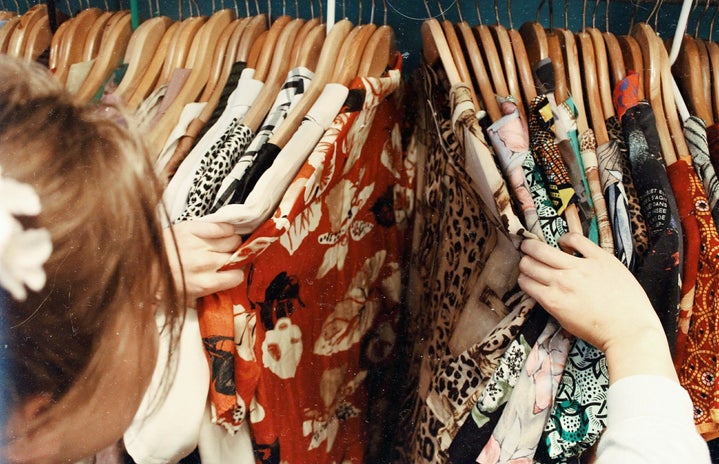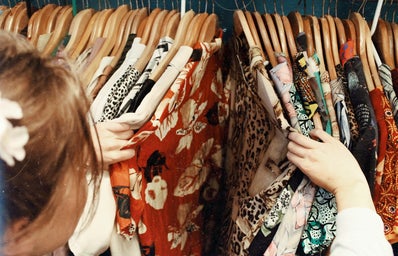Every single time I buy a new product, ranging from beauty to even food, I am terrified about whether or not I will like it long term. Even though it may seem like a smart purchase at the moment, will it still be a good idea in a couple days? This is not only because of the financial aspect of it, but the product and packaging waste involved. Even though it is unreasonable to keep a product that is not long-term effective, it makes me feel guilty to waste the product. Even if the store accepts a return, I know it will inevitably be destroyed and thrown away.
Then, when I see people online buying multiple different products for the same purpose with little reason other than “someone said it was good”, it baffles me. This is especially as certain beauty products have expiration dates, meaning that if you have four different products for one purpose, they might expire before you completely use them.
This is not only an issue because of the lack of buying with intent, but also due to the blind following. Oftentimes, the most common example utilized is the water bottle trends. Previously, the public opinion on the most effective water bottle would take years to change. Now, it seems the switch between Stanley’s and Owala happened almost instantaneously. I now see videos of people simply collecting various colors of the Stanley, conveniently forgetting that they will never be able to properly use them all. Or, they will replace the Stanley with another similar cup as the new cup is leak-proof.
While it becomes easy to blame corporations for their production and marketing tactics, we must also take consumer responsibility into consideration. Whenever we consume products in such a manner, we are directly buying into what corporations want. If we simply take a stand and stop participating in such behavior, corporations will be forced to change as well.
With this upcoming Earth day, it is important to prioritize slowly adapting to purchasing more sustainable products. If we see a new beauty product that looks interesting, first do a little bit of research about it, such as what skin types it is catered towards or even something as simple as if it has fragrance. By doing a little bit more research beforehand, you can avoid post-purchase regret. This can also apply to other items such as clothes and other consumer products (i.e. water bottles). First, attempt to see whether the design or the look of the product is beneficial to your lifestyle. Then, look at whether or not you would effectively be able to use the product in the long term. For example, see if you are able to style an article of clothing in multiple different ways. In the same vein, not everyone has to buy clothing made from “sustainable fabric”, especially if it is not within their means, but it is a matter of buying the appropriate amount.
It is not a matter of not purchasing, it is a matter of not purchasing past what you can use.


